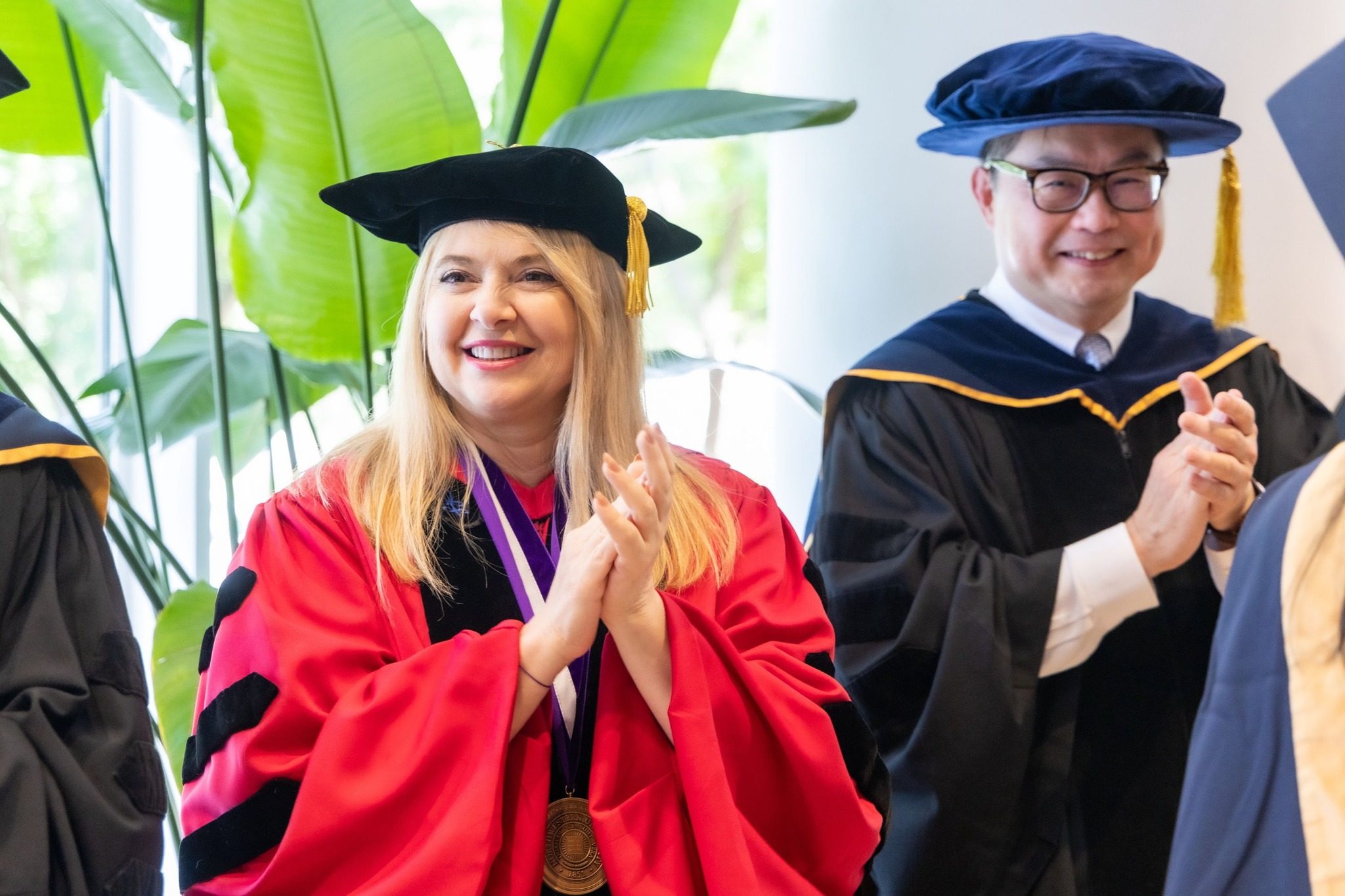
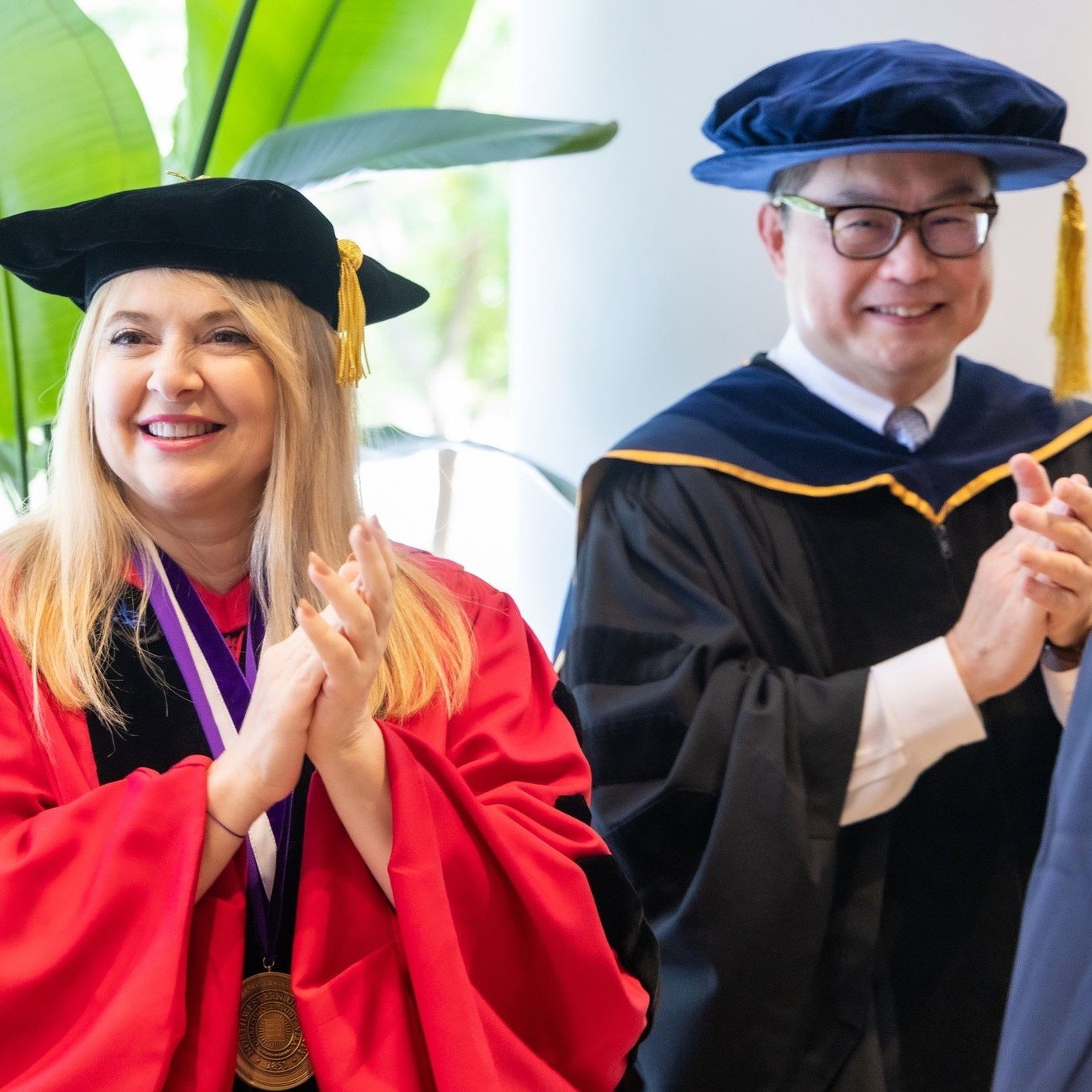
- Professors Kar Yan Tam, dean of HKUST Business School, Francesca Cornelli, dean of Kellogg School of Management, and Kai-lung Hui, academic director of the Kellogg-HKUST EMBA programme, hail innovative course and groundbreaking partnership
- Kellogg School of Management at Northwestern University’s academic partnership with Hong Kong University of Science and Technology Business School topped FT EMBA rankings for 11th time in 2022
[Sponsored article]
In marking the 25th anniversary of the Kellogg-HKUST executive master of business administration (EMBA), all those involved over the years as first movers, professors, guest lecturers, administrators, students and alumni can look back with an enormous sense of accomplishment.
The programme – a partnership between Kellogg School of Management at Northwestern University, in the United States, and Hong Kong University of Science and Technology (HKUST) Business School – continues to set standards for senior executive education with its East-meets-West teaching approach and global perspective, and to attract high-calibre candidates from around the world.
Formal proof, if needed, of the success of the programme based at HKUST’s hillside campus overlooking Clear Water Bay, in the New Territories, can be found in the regular first place accorded by The Financial Times’ annual rankings – an accolade achieved 11 times so far, including the latest 2022 ranking.
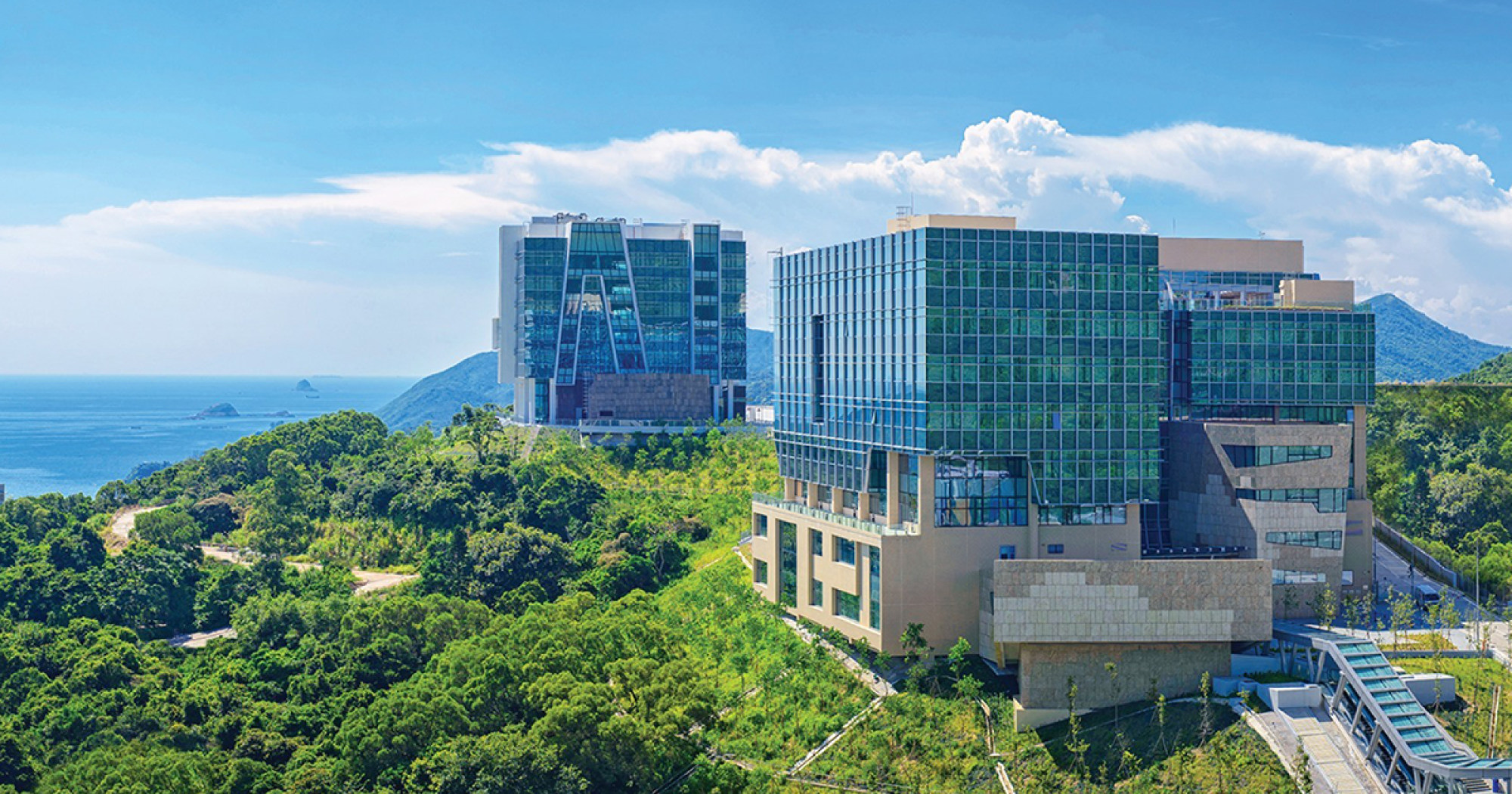
The rankings, based on data provided by global business schools and their alumni three years after completing their programmes, take into account factors including salaries, assessments of career services, aims achieved, the quality of academic research, gender balance and the international diversity of both students and faculty members.
Yet behind the scenes, the key to that success is constant attention to innovation and improvement, driven by a collective desire to excel and continuing commitment to the original vision.
“The programme has come a long way since it was launched 25 years ago, but it started with the simple idea that there was a market for a top EMBA in Asia,” Professor Kar Yan Tam, dean of HKUST Business School, says.
“A lot of credit goes to our founding dean, Professor Chan Yuk-shee, who began the dialogue with Kellogg, and to the professors who got things moving. It was quite challenging at the very beginning because no one in Asia had done anything like this before, but there was strong support from the two universities and a great team.”
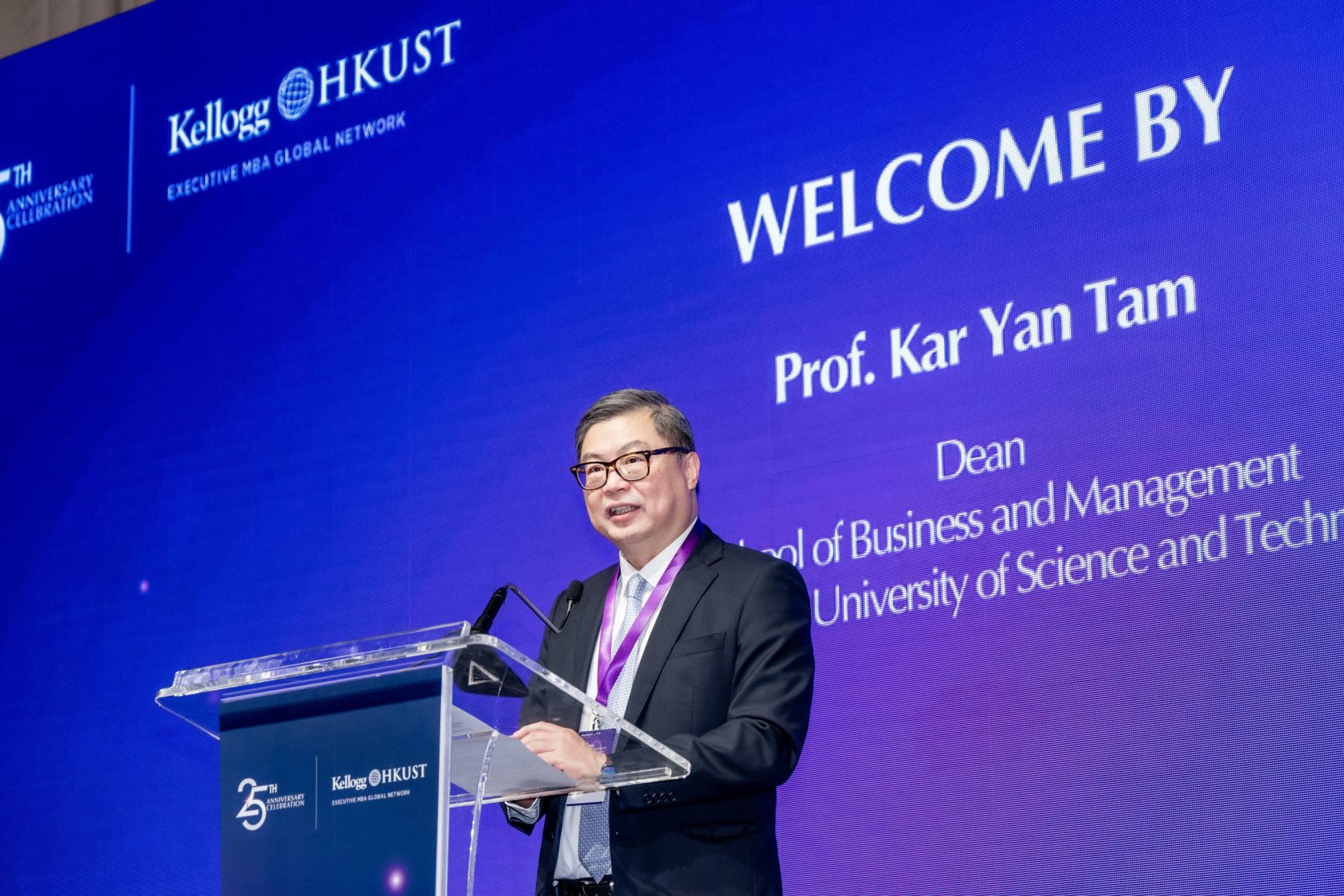
The programme – designed for senior business managers with at least 10 years of work experience – is part-time, involving residential sessions stretching over 18 months, with global electives by five other partner campuses.
Looking back, Tam says that a quarter-century of experience has reshaped and refined the initial curriculum and electives almost beyond recognition.
Different lessons were learned from major events such as severe acute respiratory syndrome (Sars) – a viral respiratory illness which struck Hong Kong in 2003 – the 2007-08 global financial tsunami, continuing climate crisis and the Covid-19 pandemic, caused by the deadly coronavirus disease, affecting countries worldwide from 2020.
These problems have been duly reflected in basic course content, with extra focus on sustainability and green themes, modules on value investing and ethics, and greater integration of technology to support learning in and outside the classroom.
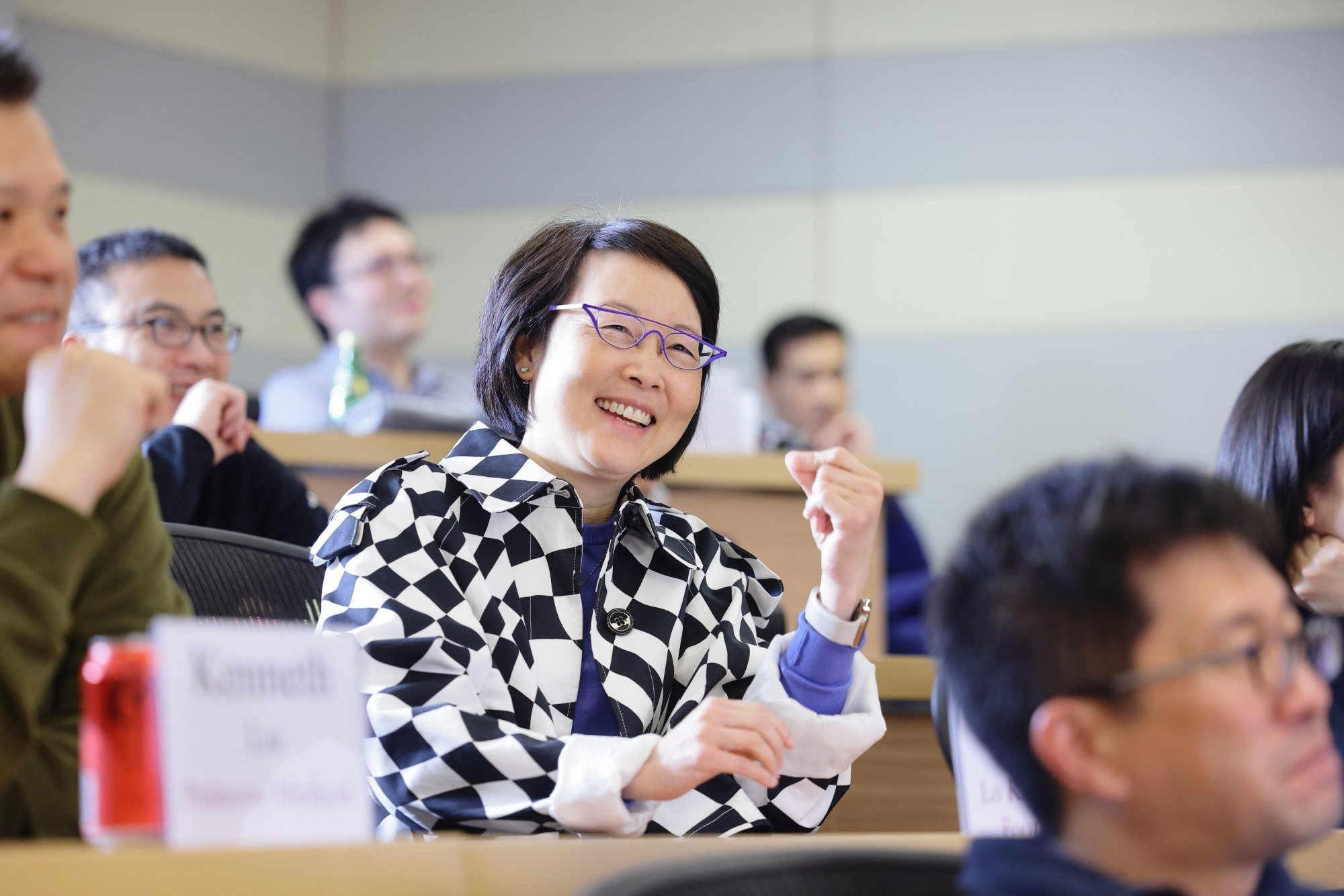
“The curriculum reflects macro trends in industry worldwide, so our students can really benefit,” Tam says. “In the next two years, we plan to strengthen the offering with more on ESG [environmental, social and corporate governance], green finance, AI [artificial intelligence] and machine learning, and entrepreneurship.”
Suggestions for change come from numerous sources. Students are actively encouraged to provide feedback and ideas. Faculty members can draw on their research and extensive contacts within the world of commerce.
Alumni are always ready to share news about the latest developments in their industries, while meetings with other deans and the accreditation agencies for business education give a sense of what is happening elsewhere and where things are heading.
“Most EMBA students are in senior positions or run their own business,” Tam says. “They want to enrich themselves in terms of knowledge and experience, so the curriculum must include the most recent developments in every key area.
“The students need ideas that can be adapted and applied in practice. They have the authority to make things happen in their organisations and are in a position to implement.”
Professor Francesca Cornelli, dean of Kellogg School of Management, believes that the programme’s success is also down to the overarching culture of trust and partnership between the two institutions. This means there are shared expectations about curriculum and teaching, clear objectives and criteria, a firm commitment to best practices, and full transparency when any issues arise.
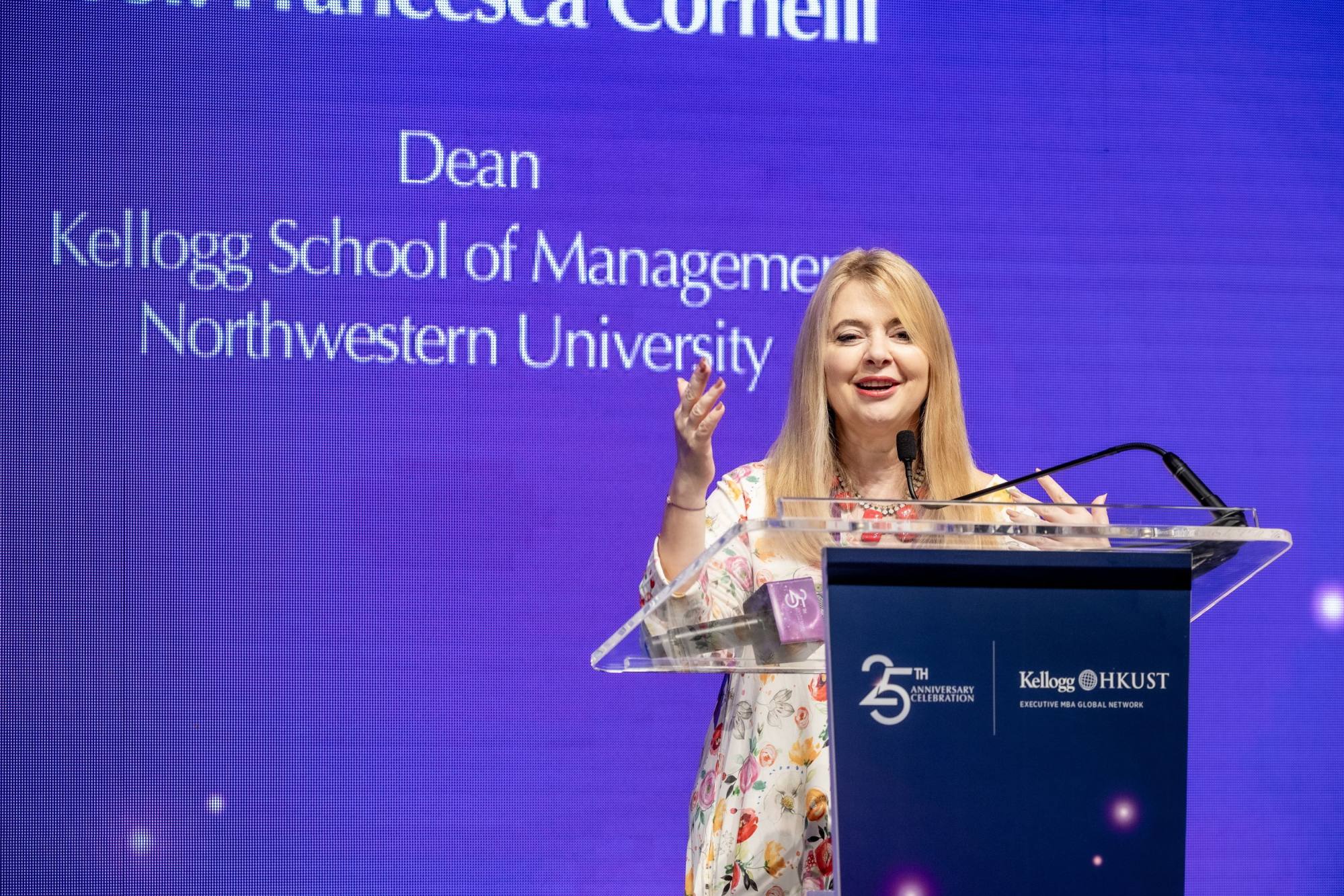
“The structure of the partnership has evolved over time to better serve the needs of students,” Cornelli says. “We are constantly innovating in response to shifts in the global business landscape and in anticipation of changes to come.
“Courses are added to address the myriad complex challenges and opportunities leaders face today, from navigating emerging technologies to managing family enterprises and running a remote workforce.”
Indeed, as things change, the subject of how, where and why we work is taking on a whole new significance. It is giving rise to interesting intergenerational dynamics as different priorities surface and people live and work longer.
“As we have seen with the pandemic, many of our greatest challenges will be global in nature,” Cornelli says. “As business becomes even more interconnected, leaders require training in core disciplines, but also the ability to understand cultural contexts and integrate diverse perspectives.”
That is achieved by weaving a focus on ethics and empathy into the curriculum. Students are given the tools and skills to collaborate across sectors, adopt solutions that drive shared value and, in short, always consider the bigger picture and how decisions may affect society. Being able to motivate and inspire employees is only the start.
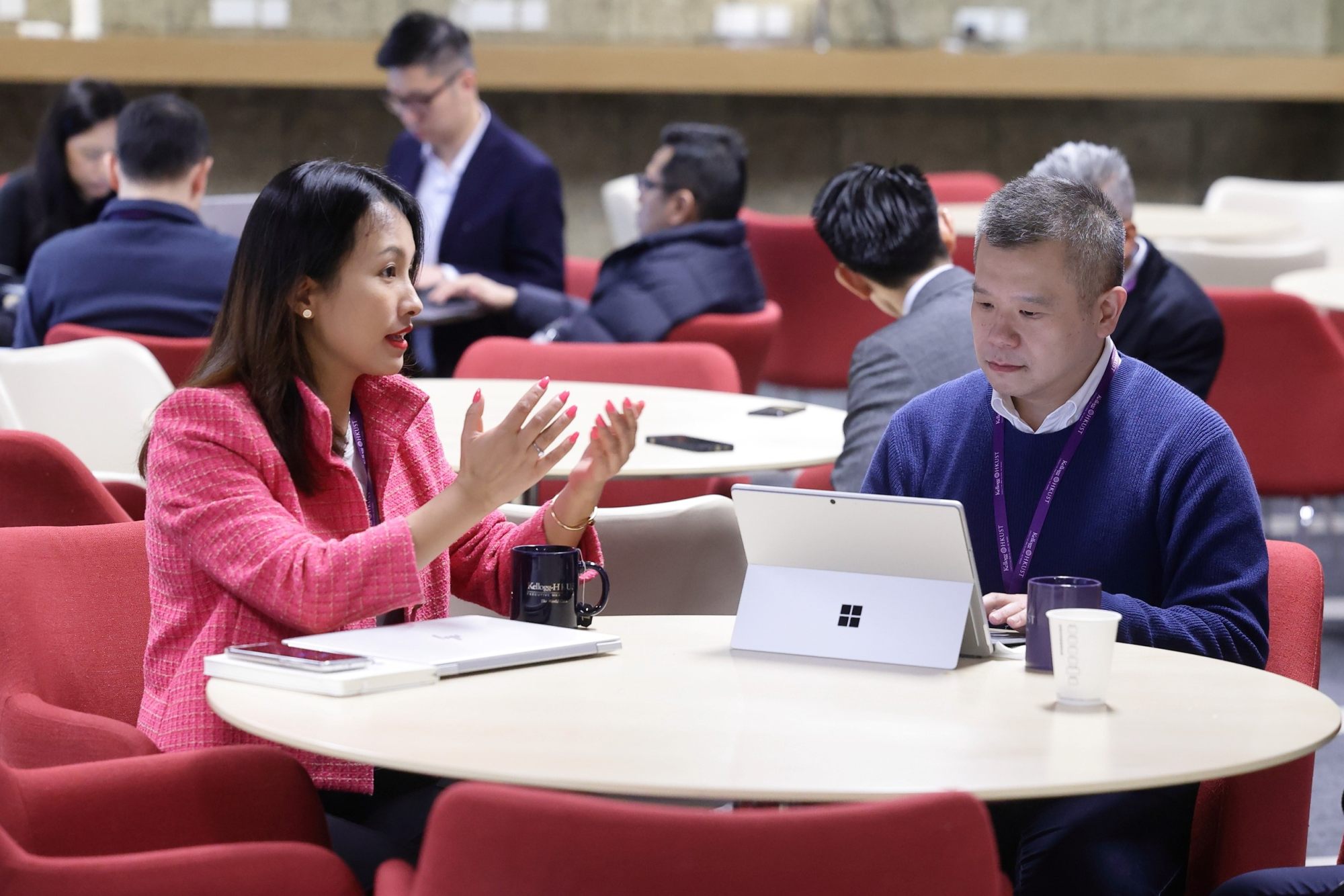
“Among our students, we see an increasing orientation towards social impact, with a particular focus on sustainability,” Cornelli says. “Kellogg is dedicated to advancing research and knowledge in this space to benefit the EMBA and the business community at large.
“Also, interest in entrepreneurship has grown tremendously in recent years, so we offer opportunities for students to meet directly with leaders in the field and hear first-hand about the challenges and successes entrepreneurs are experiencing.”
For Professor Kai-lung Hui, senior associate dean of HKUST Business School, and academic director of the Kellogg-HKUST EMBA, those broader trends are also discernible among early applications for the next intake.
A majority of the candidates were once from banking and financial services, but now each cohort is a profile in diversity in terms of nationalities, backgrounds and the range of sectors, professions and organisations represented.
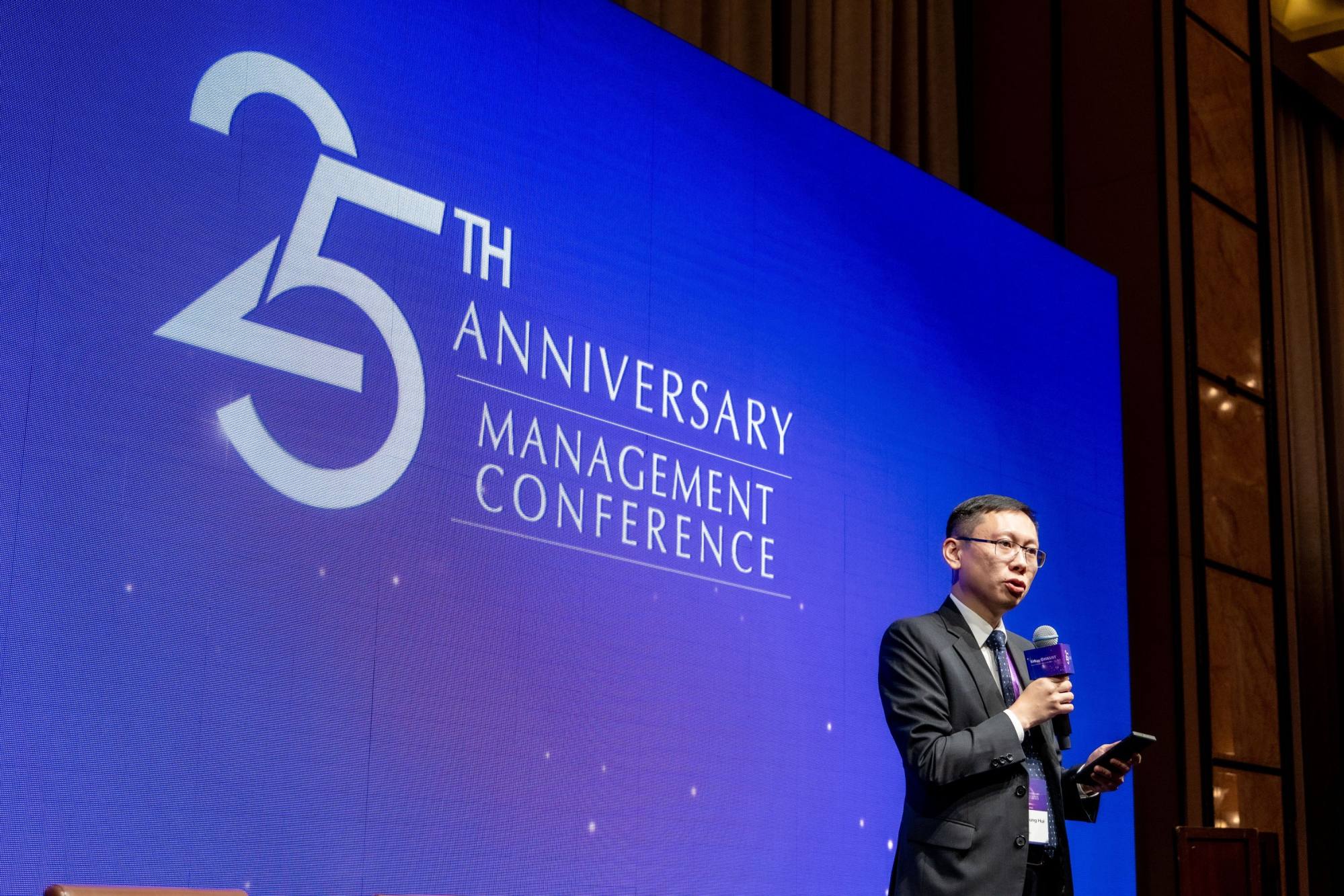
“They are all outstanding in their own way, and the programme allows them to learn from each other,” Hui says. “We have always welcomed people from social enterprises and NGOs and, if criteria are met, we can provide scholarships for them.
“Their presence in the class can help to plant seeds in the minds of other students about not-for-profit initiatives and other ways to nurture innovation.”
He says this reflects the objective of imparting skills and knowledge which can be applied in different settings – a theme also being advanced in a course on “new venture discovery”. It explores how entrepreneurs can obtain funding and is taught by experts with both academic and industry experience.
“For every topic, professors give students what they need to solve practical, real-world problems,” Hui says. “That prepares them to lead change and understand what is important in each field.”
